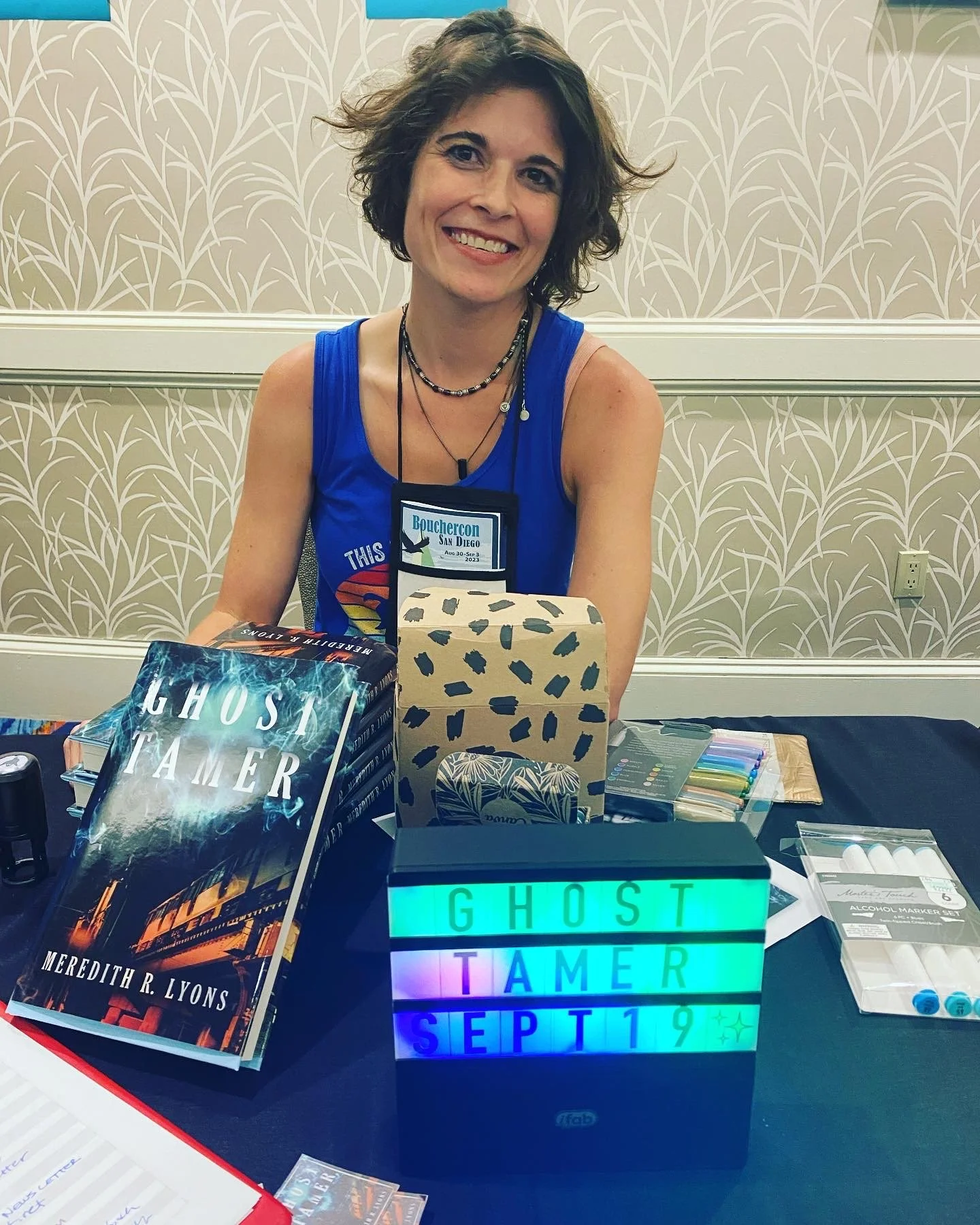Just a light patriarchy edit: So sorry to bother you with my imposter syndrome.
Nothing to see here. Just me and my little stories.
Many years ago, I read an article about how women devalue themselves unconsciously in so many different ways because of how society has treated us since we were young. One example was using the word “just” in business (or personal) communications. I.E. “I’m just checking to see if we’re all okay to meet at 9 a.m.”
Often this is thrown in to “soften the tone” of an email so the reader doesn’t construe us as “pushy” or “demanding” when really we’re just voicing a legitimate request or concern.
After reading that article, I consciously re-read any communication I prepared before I sent it and eliminated the word “just.” Not only was I surprised at how often I employed it, I was surprised at how difficult it was for me to remove. I felt uncomfortable. I made myself do it anyway with no adverse effects. I also started reading other people’s emails and looking for “just” and “I hope this is okay” and similar phrases.
After over a decade of doing this, I feel like I’m pretty good at it. I no longer gravitate immediately toward “just” and manage to avoid overly apologetic phrasing.
Until recently.
Publishing a book has unearthed some odd tendencies and insecurities. I’ve reached an interesting stage in my pre-launch career where my book is almost out, but not quite. I’ve sold copies at conferences, but it’s not yet available in stores. I’ve also been talking about it for so long that it feels like in some ways it is out, but it’s not. Not until next week.
And yet, with publishing, you have to pitch everything super far in advance. I had my ARCs out to people in January and asked for blurbs by April. Now I’m pitching myself to book festivals that don’t happen until next winter/spring.
And suddenly that apologetic impulse is back in full force.
It started with asking for blurbs. It’s something we all have to do. It’s a known thing. I even had people tell me in person that they would blurb my book when it was ready and I still had to psych myself up. I had to go back and delete, “I’m so sorry to bother you when I know how busy you are…” phrases.
I’m noticing it creeping in again when I apply to book festivals. Especially the super picky ones that require a lot of information. Book Festival applications are done so far in advance, I was applying to some before there were any reviews to submit. I literally ended a follow-up email to one festival with, “I hope this is helpful and not annoying.” Jesus.
I’m not entirely sure why this new landscape has dredged up a wealth of imposter syndrome. Publishing takes a long time. 99.9 percent of authors that I know worked hard at writing long before they got their first deal. I’m no exception. I’ve been writing a long time. I know how to send a professional email. I am not generally a pushy person and I often check myself with someone else before I do anything even so “daring” as sending a tweet to someone I’ve only met once. “Is this funny or is it too much?”
All that to say: I probably don’t need to worry about “being annoying” even half as often as I do.
“Just pretend you belong, self. No one will notice that you’re faking it!”
I know that men experience imposter syndrome also, but I wonder if they feel the same paralyzing fear of being “annoying,” “pushy,” “abrasive,” etc. I asked a male author who debuted early this year for advice on pitching bookstores as he seemed to be booking tons of events. He was so nice and even sent me his pitch email as an example. “Don’t take no for an answer!” he told me. And WOW was his pitch email bold. “This is the date I’m available, these are how many copies you should order, etc.” I’ve altered it with my own information but I am terrified to send it.
I’m fortunate in two ways. One is that I’ve changed careers at least four times in my adult life and know how to force myself to take a leap. Another is that the writing community is incredibly supportive and I have author friends who are there to (gently) smack me when I spiral into self-doubt.
I’d love to hear from all genders on this. Do you have to go back and edit out your apologetic language? Or do you just jump in with both feet? (If so, teach me your ways.)


